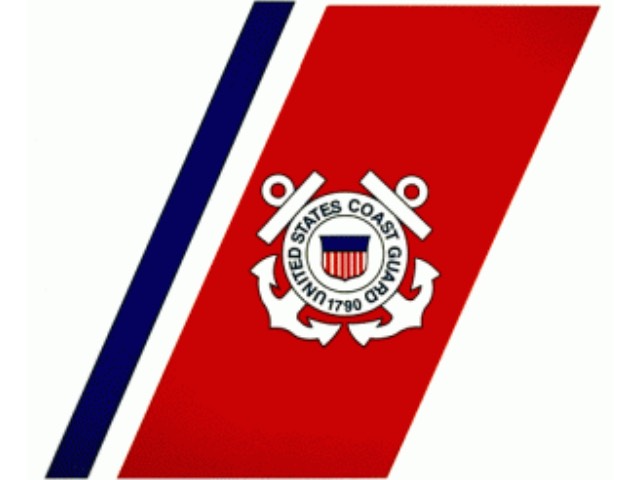The Coast Guard is aware that, in some instances, disruptions to supply chains and workforce availability due to the COVID-19 pandemic make it difficult for owners and operators to bring their vessels into compliance with the Coast Guard Ballast Water Management Regulations set forth in Title 33 of the U.S. Code of Federal Regulations (CFR), Part 151, Subparts C and D (33 C.F.R. 151 Subparts C and D). Examples of these disruptions include COVID-19 pandemic lockdowns or “Do Not Travel” orders resulting in closed country borders, closed drydocks in many parts of the world, equipment/parts being downed warehouses and unable to be shipped, minimal international flights impacting technicians’ travel to locations where ships are drydocked, limited port or drydock availability, and social distancing requirements that have impacted the work force worldwide. The Coast Guard is adjusting its extension policy, as shown below, for those vessels impacted by the COVID-19 pandemic with BWTS compliance dates before 1 April 2021, recognizing the impact of public health policies and the importance of a the continued flow of commerce in our Maritime Transportation System.
The Coast Guard expects that the installation and commissioning of a ballast water treatment system (BWTS) will be completed as scheduled for any vessel which conducts a credit drydock (inspection of the outside of the ships bottom) before 1 April 2021. In instances where the COVID-19 pandemic has rendered it impractical to perform necessary or scheduled work on a vessel, the following guidance regarding an extension is provided.
- The Coast Guard will extend all compliance dates up to 12 months upon request. There is no need to provide any supporting documentation, however vessel owner or operator will need to identify the vessels in order for the Coast Guard to adjust the necessary documentation. It should be understood that this is not an interim extension, and additional time to accommodate operational or regulatory schedules should not be expected. For ships that undergo a credit drydock but cannot complete installation of a BWTS, owners and operators are encouraged to complete as much work as possible during the credit drydock to avoid the need for future drydock availability.
- In those instances where an extension of more than 12 months is needed, the master, owner, operator, agent, or person in charge of a vessel may request an extension in accordance with 33 CFR 151.2036. Requests for more than 12 months should include:
- Documentation that a system was purchased, and arrangements were made to have it installed. As is normally provided in extension requests, contractual documents or third party correspondence that include the previously arranged date and location of installation is is not an interim extension, and additional time to accommodate operational or regulatory schedules should not be expected. For ships that undergo a credit drydock but cannot complete installation of a BWTS, owners and operators are encouraged to complete as much work as possible during the credit drydock to avoid the need for future drydock availability is adequate.
- Documentation that the system could not be installed due to COVID related restrictions.Please include third-party documentation, typically from the drydock facility or BWTS manufacturer.
- The plan for installing the system, including a list of previously performed and scheduled work, and an estimate as to when and how installation and commissioning will be completed.
If granted, extensions longer than 12 months will be for no longer than the minimum time needed for the vessel to comply with the requirements, as determined by the Coast Guard.
In instances where arrangements were made to convert an Alternate Management System (AMS) to a Coast Guard type approved system, but the conversion was not completed due to the pandemic, an extension may be requested to continue operating the AMS under 33 CFR 151.2026(c) until the conversion can be accomplished. As noted above, requests for an extension longer than 12 months should provide details and third-party verification(s) that the arrangements for bringing a vessel into compliance were previously made but not possible due to the COVID-19 pandemic.
For planning purposes, the Coast Guard office of Operating and Environmental Standards is operating with all personnel working remotely. As such, all extension requests should be scanned and sent in by email at Environmental_Standards@uscg.mil in order to expedite review. The review and approval of an extension request could take as long as 30 days.
Richard V. Timme, RDML, U.S. Coast Guard, Assistant Commandant for Prevention Policy sends.









































